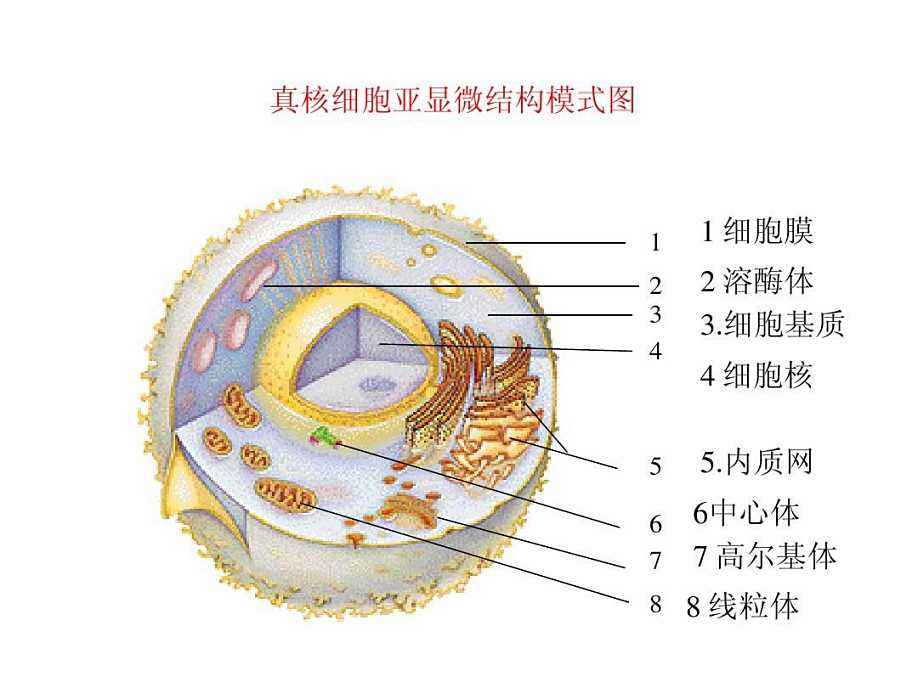Botanists and zoologists were much slower to admire its virtues. It's not hard to see why. On Woese's model, the worlds of botany and zoology are relegated to a few twigs on the outermost branch of the Eukaryan limb. Everything else belongs to unicellular beings.

In 1998 the great and ancient Harvard zoologist Ernst Mayr (who then was in his ninety-fourth year and at the time of my writing is nearing one hundred and still going strong) stirred the pot further by declaring that there should be just two prime divisions of life—"empires" he called them. In a paper published in the Proceedings of the National Academy of Sciences, Mayr said that Woese's findings were interesting but ultimately misguided, noting that "Woese was not trained as a biologist and quite naturally does not have an extensive familiarity with the principles of classification," which is perhaps as close as one distinguished scientist can come to saying of another that he doesn't know what he is talking about.











